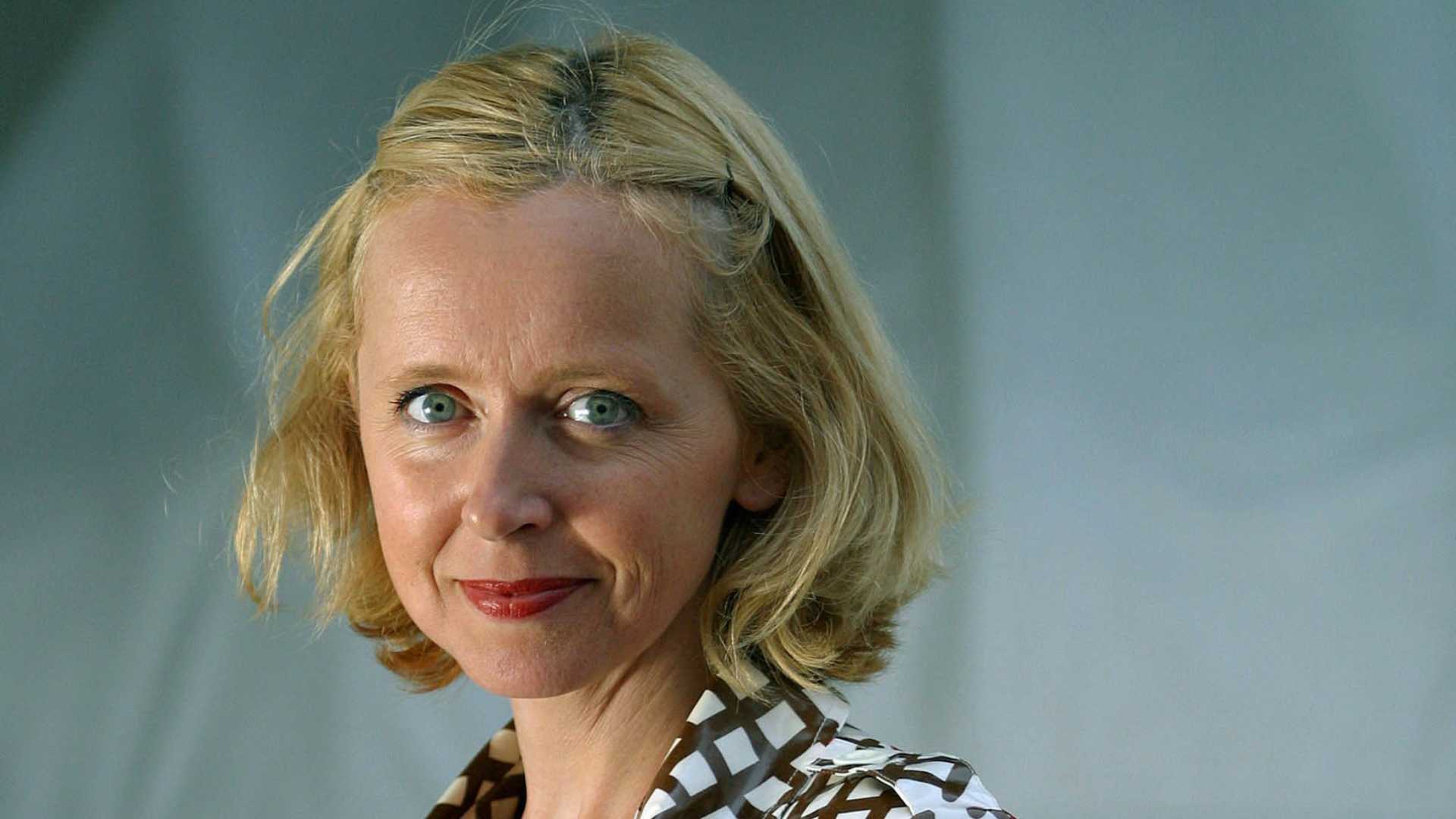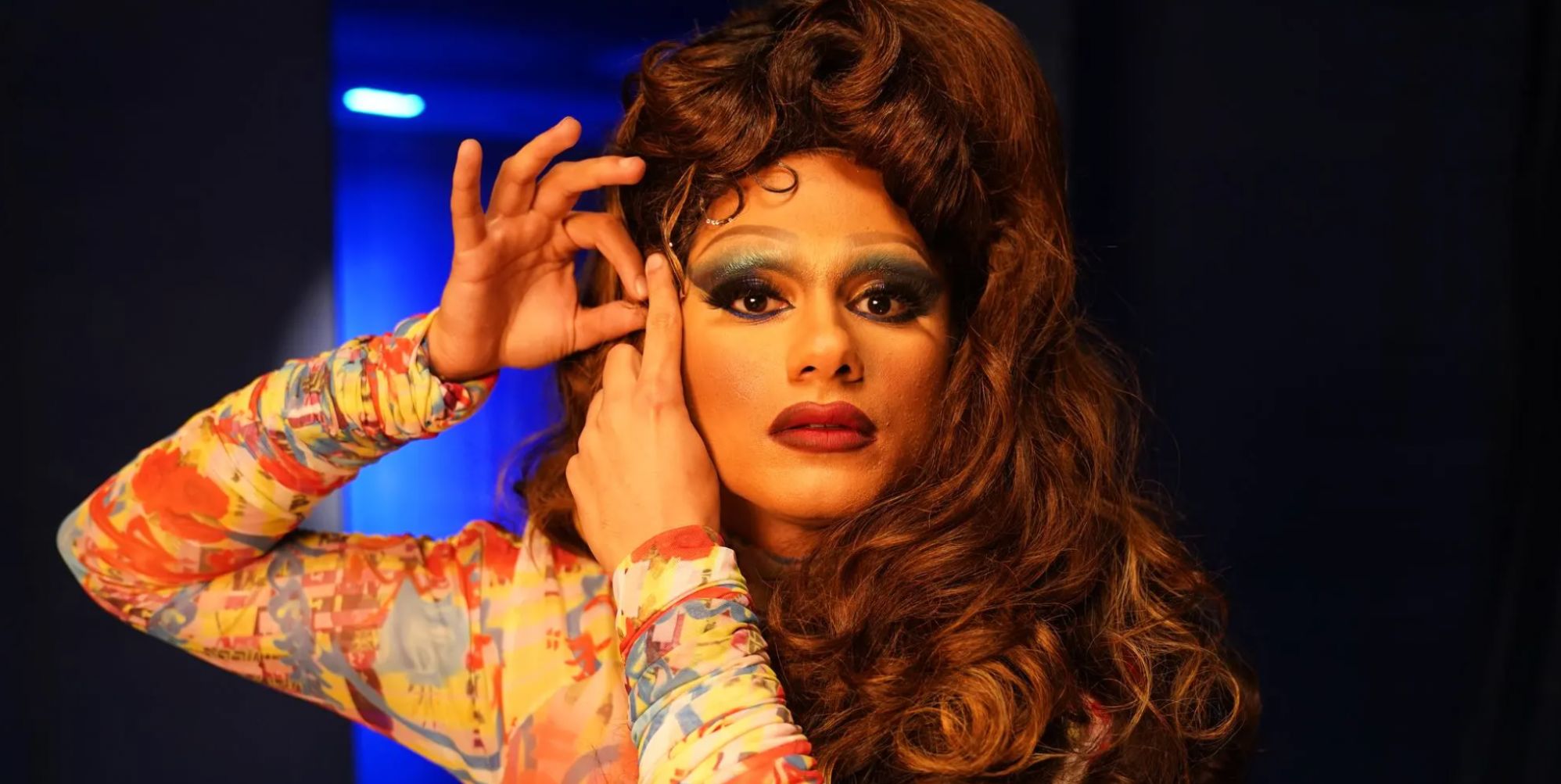Andrea Jenkins, America’s first Black trans elected official, on preparing for ‘traumatic’ Derek Chauvin trial
Andrea Jenkins vice president of the Minneapolis City Council spoke to community members at “The Path Forward” meeting at Powderhorn Park, a meeting between Minneapolis City Council and community members. (Photo by Jerry Holt/Star Tribune via Getty Images)
Andrea Jenkins, the first Black openly trans woman to hold office in the US, talked about the aftermath of George Floyd’s murder and her experience of being outed in a new interview.
Jenkins, who is a city councillor for Minneapolis, Minnesota, was elected to office in 2017 after attracting more than 73 per cent of the first-choice votes in the city. Jenkins has decades of public service experience and is an award-winning poet, writer and performer.
In a recent interview with The Guardian, Jenkins shared what her life has been like since the murder of George Floyd, which took place just a few blocks away from where she lives. She said his killing had permanently changed the city and her neighbourhood which “breaks my heart”.
In the wake of Floyd’s death, Jenkins rose to become one of the most prominent and passionate voices speaking out about race and racism from Minneapolis. Now, with the murder trial of former police officer Derek Chauvin underway, she said she is helping the city prepare for the “traumatic” event.
“We want to have as peaceful a situation as we can, and really have resources there for people to turn to if there are challenges,” she said.
Speaking of Floyd’s family, she added: “They want to see justice and they want to make sure that George Floyd’s name is honoured for the role that his legacy plays in social justice.”
While discussing her life and rise to a career in politics, Jenkins revealed that she was outed as a member of the LGBT+ community while at university.
Jenkins said she moved to Minneapolis for university at the age of 18 and lived in the men’s dorms. She said that she had spent much of her life “really trying to hide from what I knew to be true inside myself”. Jenkins said she played football in high school and even joined a fraternity while at university in the 1980s.
“Because, you know, I didn’t want to be a girl,” Jenkins said. “I knew I was a girl, but I didn’t want people to reject me.”
She explained that she was outed by one of her fraternity brothers, who was also her roommate. Jenkins said: “We were roommates, and he came home from work early one day sick, and I was in the apartment having sex with another man.”
The roommate then told the rest of the fraternity, and she was expelled from the house. She then was forced to return home to Chicago, Illinois because “I didn’t have a place to stay”.
Jenkins said she then had to come out to her mother, who was confused about why she had returned home.
She came out as bisexual. But her mother believed her sexual orientation could still be a “phase”. She said she knew, at the time, that she was trans, but she “could just not accept it for myself” so she couldn’t tell her parents or anyone.
Instead, she married a woman in her mid-20s and had a daughter, who remains the “absolute love of my life”. Jenkins got divorced when she turned 30, and this prompted her to come out as trans.
“I just really realised that I can’t go on any more, hiding the truth from myself, hiding the truth from those who I love,” Jenkins explained. “If I am going to thrive in life, I have to come to grips with who I am, and I have to accept it.”
At the age of 38, she returned to finish her degree, even going on to complete two master’s degrees. Jenkins said her family is now fully supportive and “still love me”. She said it took “some time” for her immediate family to “get to that”, but their relationship was better now.
“But people were willing to work through it, people stayed engaged,” she said. “They did not banish me from existence, which is a lot more than what some families give.”






